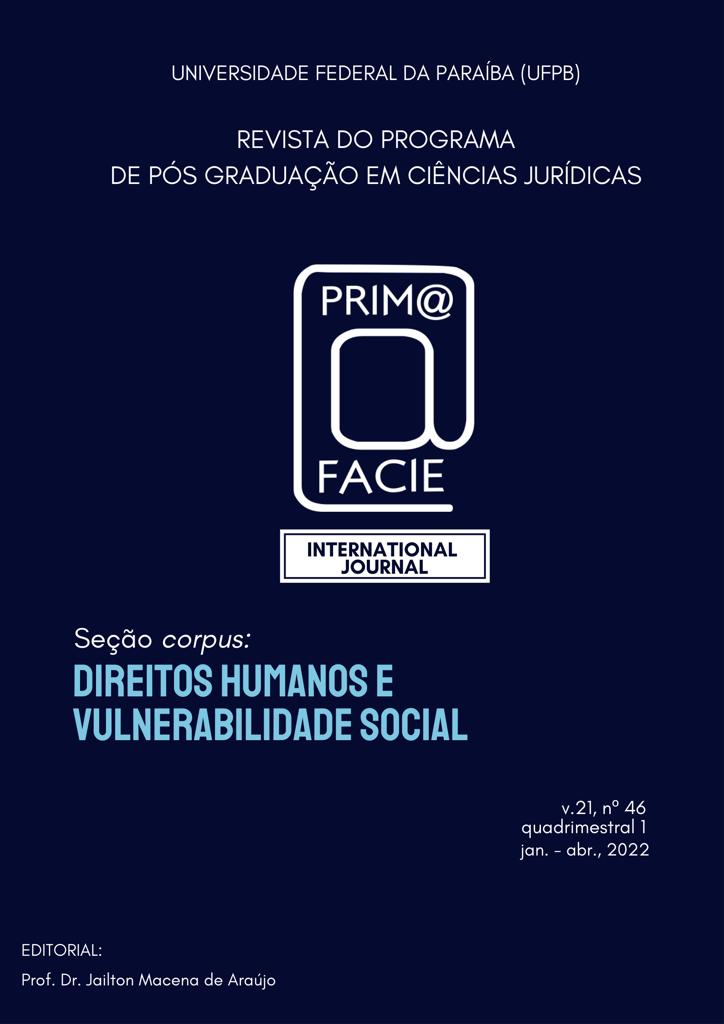Public Policies And Black Women On The Agenda? The (In) Visibility Of Race And Gender In Rights Councils At The Local Scope
DOI:
https://doi.org/10.22478/ufpb.1678-2593.2022v21n46.55203Keywords:
Rights Councils; Democratic participation; Gender; Black Women; Public policy; Race.Abstract
Considering the fundamental role of Rights Councils at the local level as instruments of articulation, representation and participation of the population, the general objective is: to analyze whether black women appear as subjects of rights and whether there are public policies of racial equality and of gender formulated / planned based on the work of the Racial Equality Council (COMPIRC) and the Women's Rights Council (CMDM) in the municipality of Criciúma / SC in the period 2017-2019. The research problem consists of verifying how the rights of black women in the municipality of Criciúma are being planned by the rights councils at the local level to face racism and sexism, considering the oppressions intersected by several subordination axes. To this end, we sought to investigate the minutes of the deliberations of the rights councils. The specific objectives are: a) to know the struggle history of black women in Brazil and the formulation of a black feminist thought; b) understand rights councils as spaces for exercising participatory democracy and for formulating public policies; and c) analyze the deliberations of the boards - COMPIRC and CMDM, between 2017-2019. The research used the deductive method, the monographic procedure and the techniques involved bibliographical and documentary research.
Downloads
Downloads
Published
How to Cite
Issue
Section
License
Copyright (c) 2022 A Prim@ Facie detém direitos exclusivos de publicação e distribuição sob concessão absolutamente franca da parte do autor, ou autores.

This work is licensed under a Creative Commons Attribution-NonCommercial-NoDerivatives 4.0 International License.
Os autores estão cientes de que transferem seus direitos de publicação e distribuição à revista Prima Facie. Os autores autorizam o uso do trabalho para fins não-comerciais, incluindo direito de enviar o trabalho em bases de dados de Acesso Livre. As provas finais poderão não ser enviadas aos autores antes da publicação, seguindo a revista seu padrão técnico explicitado nas suas normas e nos formatos praticados em acordo com a CAPES e com padrões de excelência adotados. As opiniões emitidas pelos autores são de sua exclusiva responsabilidade não sendo a revista solidária da livre opinião exposta por eles.

